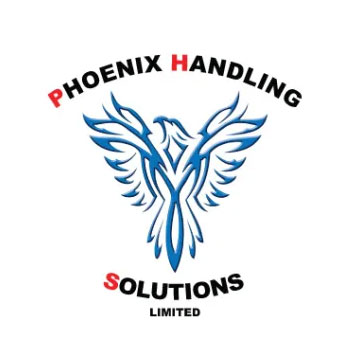Achieving a balance between operational efficiency and environmental responsibility has become a primary goal for businesses worldwide. With the continuous movement of goods being a staple of commercial success, ensuring product safety during transit remains paramount. As businesses navigate the landscape of sustainability, understanding how to recycle used stretch film effectively has become increasingly important.
Understanding Pallet Wrap and Its Recycling Potential
Pallet wrap, often referred to as stretch wrap, plays a pivotal role in securing goods to pallets, safeguarding them during transportation and storage. Despite its importance, the question arises: can this material be recycled? The answer is complicated. Pallet wrap is typically made from low-density polyethylene (LDPE), a recyclable yet challenging material due to contamination and recycling facility limitations.
The Material Matters
LDPE’s lightweight and flexible nature have made it the go-to choice for pallet wrap. However, not all plastics are created equal in the recycling world. While LDPE can be recycled, it often requires specific conditions to avoid contamination of the recycling stream. Ironically, biodegradable alternatives, while seemingly more sustainable, can complicate recycling processes if they require specific composting conditions that are not widely available.
Choosing Sustainable Stretch Wrap Options
Businesses looking to reduce their carbon footprint can opt for stretch wraps with a significant percentage of recycled content, which is more eco-friendly than using entirely virgin materials. Another approach is minimising film usage by selecting pre-stretched films that offer excellent load stability with less material per pallet.
Three Sustainable Strategies for Warehousing
Adopting Eco-Friendly Packaging Practices: While avoiding plastics altogether may be challenging, optimising its use is a step in the right direction. Using stronger, thinner films or adopting pre-stretched alternatives can reduce the total amount of plastic used. Although paper wraps are an option, they may not always provide the same level of load security as their plastic counterparts.
Recycling With Rigor: Proper disposal and recycling of plastic packaging are critical. Ensure that the wrap used aligns with local recycling programs and that disposal methods are followed meticulously to avoid contamination.
Leveraging Technology for Sustainability: Modern technology offers solutions that can enhance sustainability in packaging. Automated systems can optimise material usage and minimise waste, while innovative pallet wrapping technologies like the Grip Applicator can deliver up to 40% savings in film usage.
Pallet Wrap Recycling in Practice
The UK has made strides in promoting sustainable practices, such as the recycling of stretch wrap. By separating this material from general waste and processing it into recycled pellets, it can be repurposed, reducing the environmental impact of warehousing operations. In turn, businesses can enjoy cost savings and improved efficiencies, contributing to a more sustainable future.
A Future Focused on Sustainability
By adopting these practices, companies can ensure that their commitment to quality and customer satisfaction goes hand in hand with environmental stewardship. As the business community moves towards more sustainable operations, the recycling and efficient use of materials like pallet wrap will play a crucial role in shaping a greener future for warehousing, without compromising on quality.
